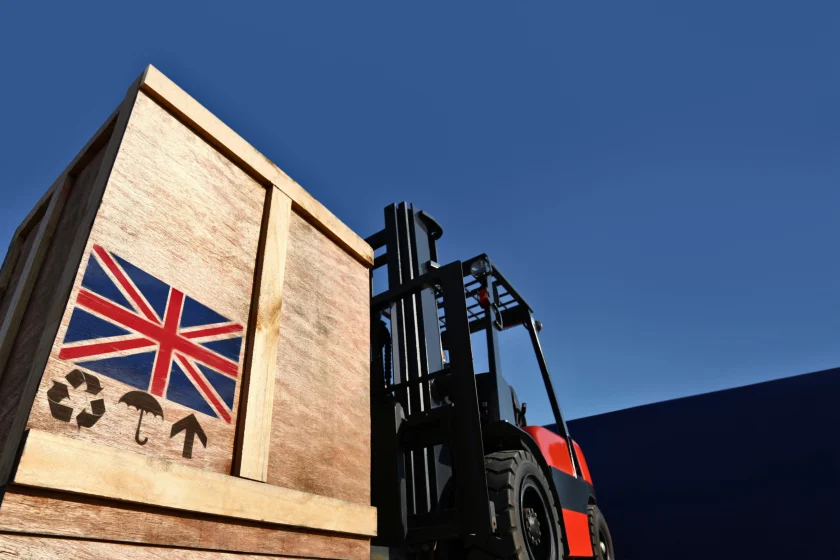On January 1, 2021, Britain will be on its own. UK’s Brexit transition period with the European Union will expire. Many hope this transition will be extended as COVID-19 has had an impact on everyone’s ability to hammer out the new processes and agreements, but this extension is not likely to happen. Britain’s decision to leave the EU has a global impact – stock market prices, travel plans, the movement of cargo, and even fishing rights on international waters have all been affected. While there are opposing viewpoints on whether these effects have been positive or negative, no one can argue that this has not been a source of tremendous stress for the past decade. Leaders from the UK and EU have intensive meetings scheduled during Week 50, but their interests are quite divergent, and agreement is going to be challenging.
What Lies Ahead?
The largest impact will be on the buying/selling/movement of goods between the European Union and Britain. However, there is also an impact on UK port usage. Drewry Maritime Research believes that steamship lines will continue to call at Britain’s ports, despite Brexit. Right now, the UK ports are congested, and vessels are by-passing these ports in favor of Rotterdam, Antwerp, or other EU ports.
If the EU and UK are unable to reach an agreement, this will hit people personally and in their pockets.
Trade Agreements: Level Playing Field
We may see a temporary downturn in shipments in and out of the UK as the nation re-establishes itself within the global market. Trade agreements need to be made with individual countries, and Japan and the UK have reached this already. Having to create new individual, non-EU, trade pacts could be beneficial overall and lead to more favorable shipping environments, according to the World Trade Association. If agreements are not reached, then the WTA tariffs will take hold and prices will increase.
Direct Impacts
Shippers will experience delays at land borders between the UK and EU countries, including Ireland, which remains part of the European Union. The British government is warning that there could be lines of up to 7,000 trucks waiting to cross the English Channel into France right after the Brexit transition phase is over on December 31, 2020. This was proven at the end of November when a test-run was done, and the resulting congestion was painful. These types of delays could last for months until companies get accustomed to new systems and paperwork requirements.
While the WTA notes that companies and the UK government have been working together to “ensure the simplification of shipping processes is on the agenda,” customs formalities between EU countries and UK will now be much more complex.
How to be Prepared
- Be ready for price increases on goods purchased from UK.
- Make sure all parties are clear on the Incoterms used for every transaction.
- Understand who is paying any import Customs duties.
- Work closely with your UK partners to understand the new systems.
- Realize there may be delays in getting shipments cleared and delivered within the UK as the government’s “Smart Freight” system goes through a testing phase in January.
- This has been designed to reduce the risk of cargo delays.
- The hiring and training of 50,000 new customs workers are still underway.
Pegasus Logistics Group is a full-service logistics provider that offers international and domestic transportation, customs clearance, and warehousing/distribution services worldwide. Our International group includes dozens of industry experts that can guide you through this process and keep your risk to a minimum. To connect with a team member, email info@pegasuslogistics.com or call 800-997-7226.


